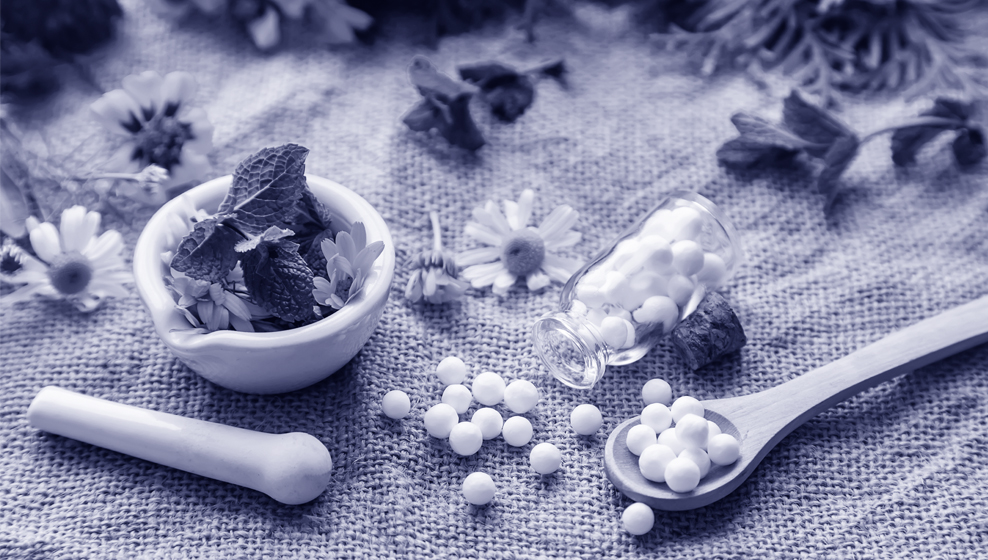The term homeopathy is derived from the Greek words “homoios” and “pathos” which means “similar” or “suffering or disease” respectively. It was coined in 1807 by Dr. Christian Fredrich Samuel Hahnemann who was a German allopathic physician. Though he was an allopathic medical practitioner he was greatly dissatisfied and considered it irrational and believed it would cause more harm than good. The idea of homeopathy came up out of blue. By the late 18th century Hahnemann had completely stopped his practice and started translating German books into English. And it was while translating a medical treatise by the Scottish physician and chemist William Cullen, that this new concept was birthed in him. Cullen in his book “Materia Medica” propounds a theory that cinchona cured malaria because it was bitter. Hahnemann was amazed by this and tested it on his own body. He ingested some bark and as a result, experienced fever and symptoms similar to those of malaria. It is from this experiment that he concluded that all effective drugs produce symptoms in healthy bodies similar to that of diseases they treat. Though Hahnemann’s law of similars was not proven right and the scientific method used was erroneous, this incident led to the birth of the alternative medicine, called “Homeopathy”.
The rise, fall, and current status of Homeopathy
Homeopathy received its greatest popularity in the 19th century. It attracted equal and large support from the most respected and elite classes of European society as well as the poor. Studies show that the reason behind this immense popularity might be the success of homeopathy in treating infectious epidemic diseases that spread out in Europe during those times. People not only believed in homeopathy but also started being curious about its scientific methods. By the end of the era there were 22 homeopathic medical schools, more than 100 homeopathic hospitals, over 60 orphan asylums, and old age homes, and 1000+ homeopathic pharmacies in the U.S. But then, as a result of the repeated atrocities from the A.M.A., homeopathy had to face many challenges and it became difficult for them to get through. It was washed out to an extent that we find little or no mention of it in the books on the history of American medicine.
However, in this 21st century, it seems homeopathy has come back to get hold of its lost power to never lose it again. It has once more gained the trust and attention of the people, not as an opposition to orthodox medicines but as an independent medical system that would provide a permanent cure to physical and mental ailments to all those who rely on it.

